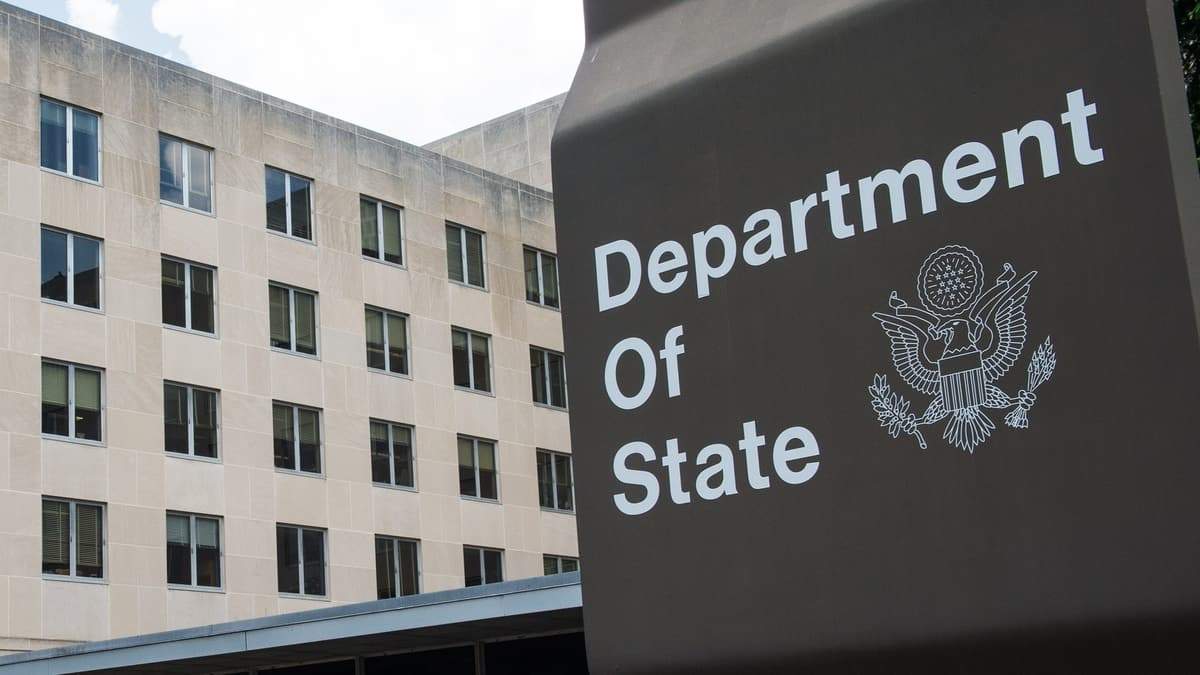Here’s why the State Department may need a new cyber office

The Cyberspace Solarium Commission will recommend that the Department of State establish a bureau focused on international cybersecurity efforts and emerging technologies as part of its forthcoming report, commissioners said March 3 at the Carnegie Endowment for International Peace.
The suggestion from the commission, made up of government and non-government cybersecurity experts developing cyber policy recommendations, comes as part of a broader belief in the group that the State Department needs to be more involved on cybersecurity issues.
Among the report’s 75 recommendations, set for release March 11, will be the proposal for a new State Department office called the “Bureau for Cyberspace Security and Emerging Technologies,” in addition to a new assistant secretary of state position to coordinate international outreach for cyber issues and emerging tech.
The new position would report to the deputy secretary of state or undersecretary of political affairs, according to Rep. Jim Langevin, D-R.I., a member of the commission. The goal of the new office is to take cybersecurity issues at the department and “raising its level of importance and stature ... to reinforce that this is an international approach that we need to and want to take," Langevin said.
In its fiscal 2021 budget request, released in February, the State Department asked Congress for $6 million in new funding for establish an “Cyberspace Security and Emerging Technologies” office. According to the budget request, the office would “allow the Department of State to ensure the development of long-term, comprehensive expertise in order to fully support U.S. foreign policy and diplomatic initiatives needed to meet the national security challenges posed by cyberspace and emerging technologies.”
Right now, the top cybersecurity official at the State Department is Robert Strayer, who has headed 5G policy and international outreach for that issue. That effort has centered on convincing allies not to use hardware from the China-based Huawei company in their 5G networks — an effort that has had limited success.
For example, Great Britain announced last month that it would allow Chinese tech in non-critical portions of its 5G network. Germany is also reportedly expected to make a decision soon. Chris Inglis, former deputy director of the NSA and current Solarium commissioner, said that the United States may have had limited success on the issue because U.S. policymakers were “late to the game" and there wasn’t an agency charged with that role. That’s a gap the suggested bureau would fill.
The commission is needed “so that in the future hopefully 6G, 7G, 10G will be the responsibility of somebody at least in terms of the international portfolio,” Inglis said.
Photo: The Cyberspace Solarium Commission wants to establish a new cyber office at the State Department. (PAUL J. RICHARDS/AFP/Getty Images)




